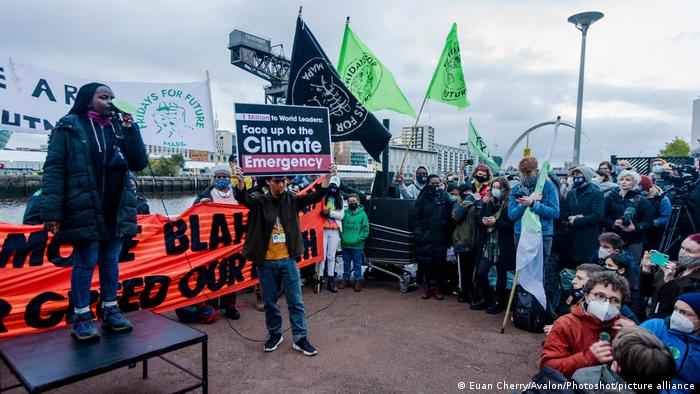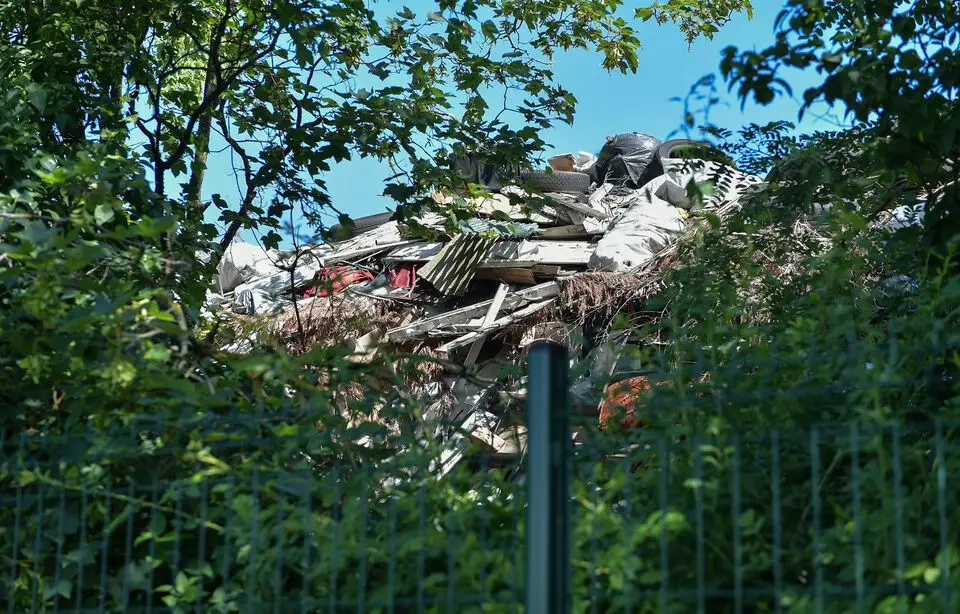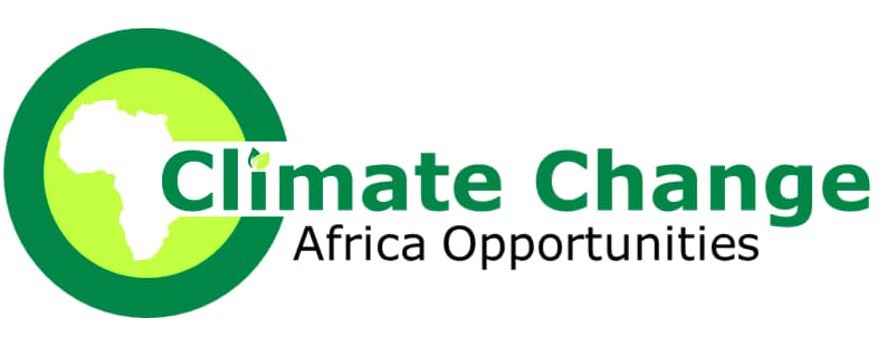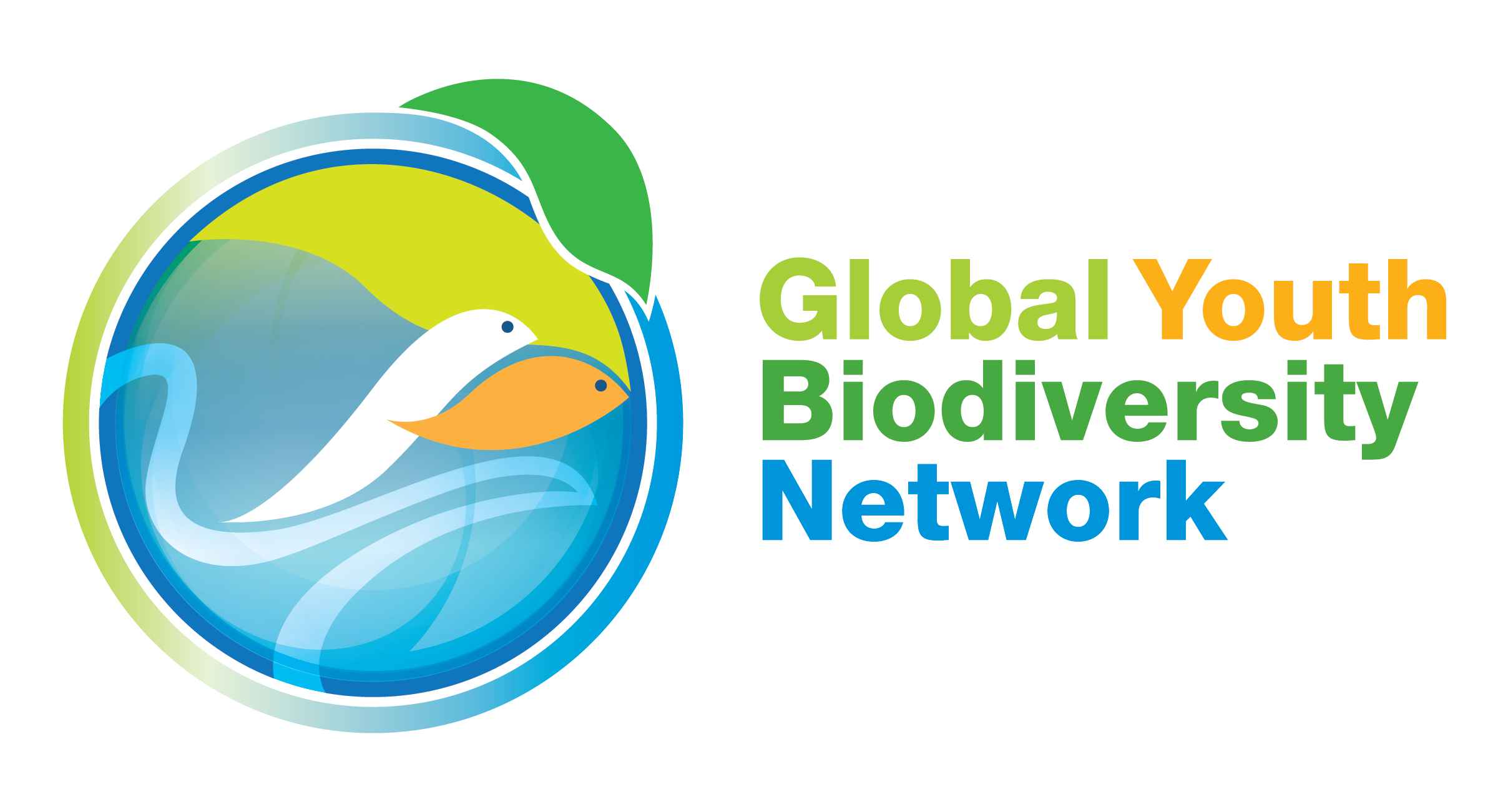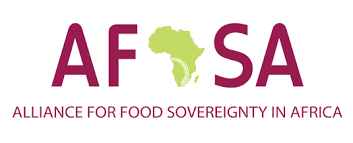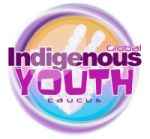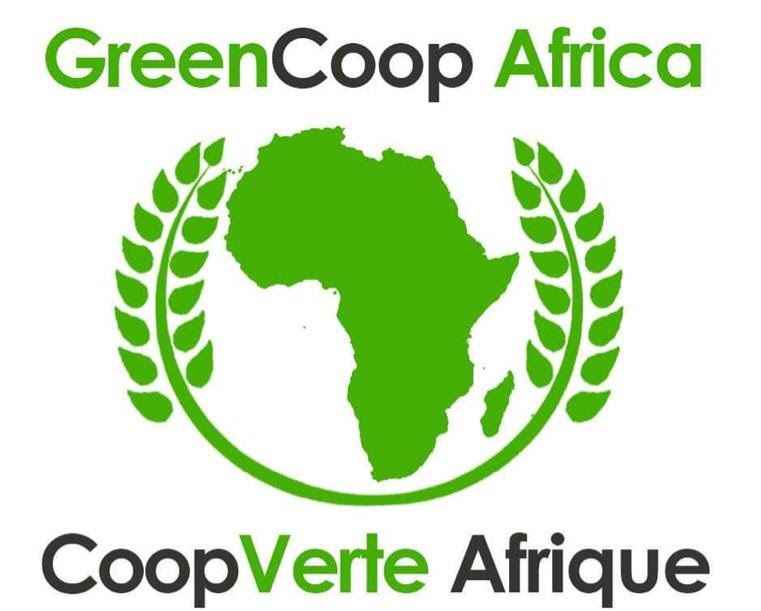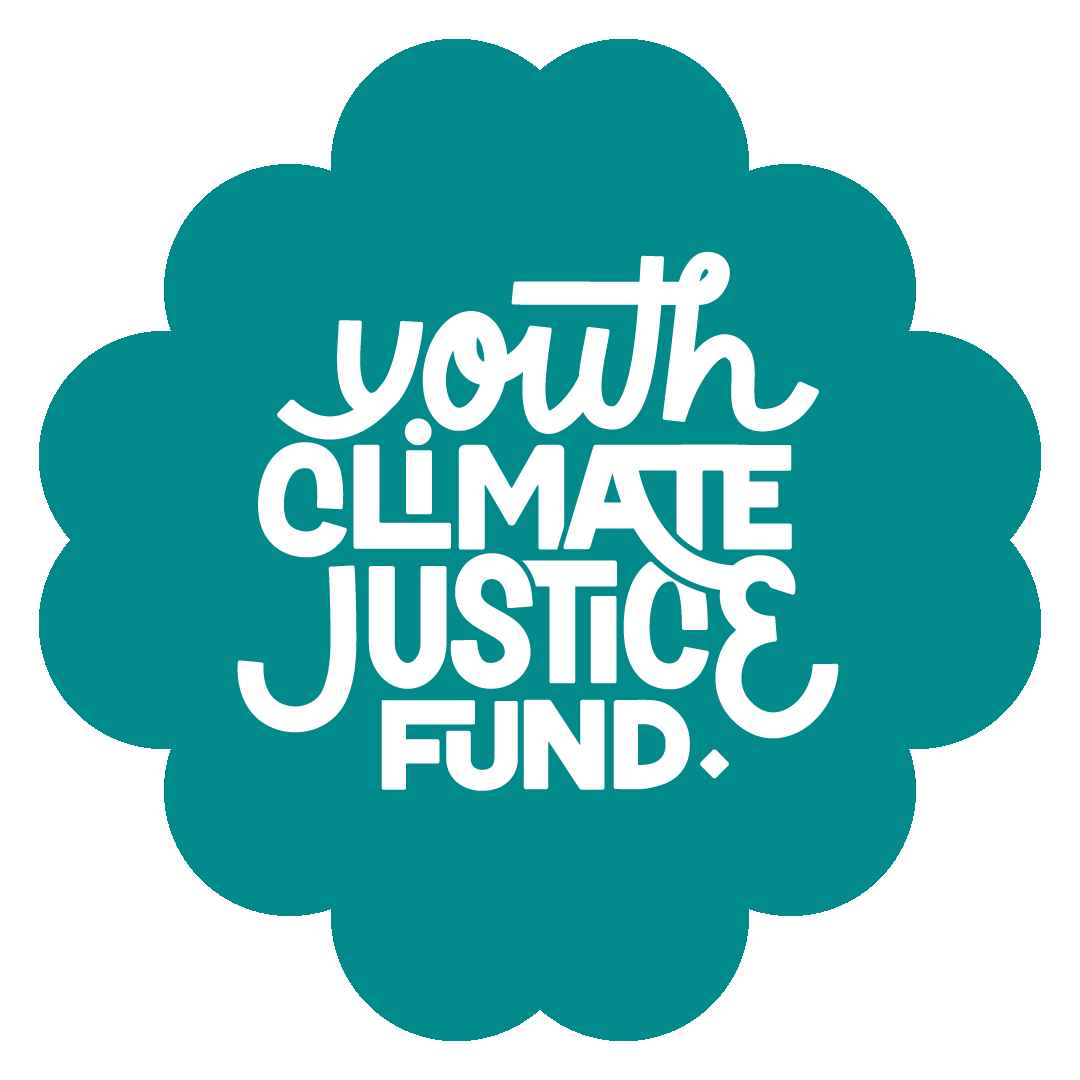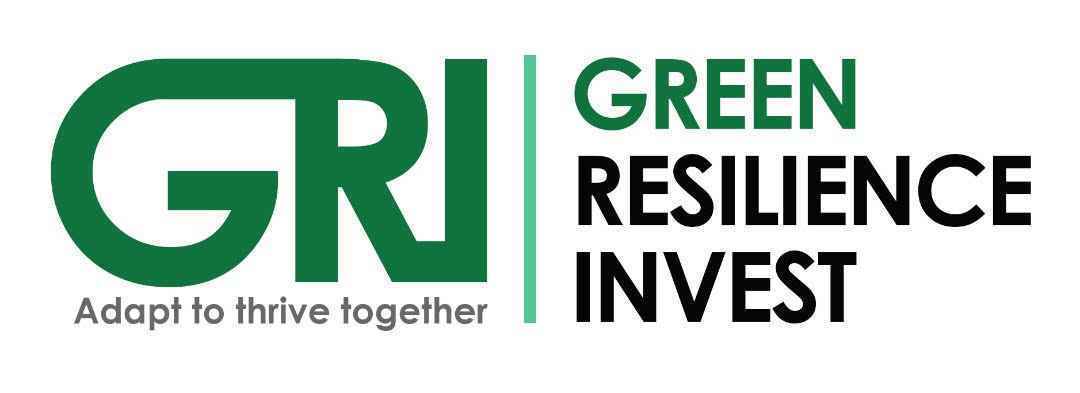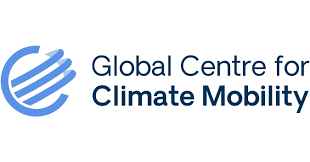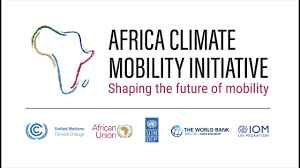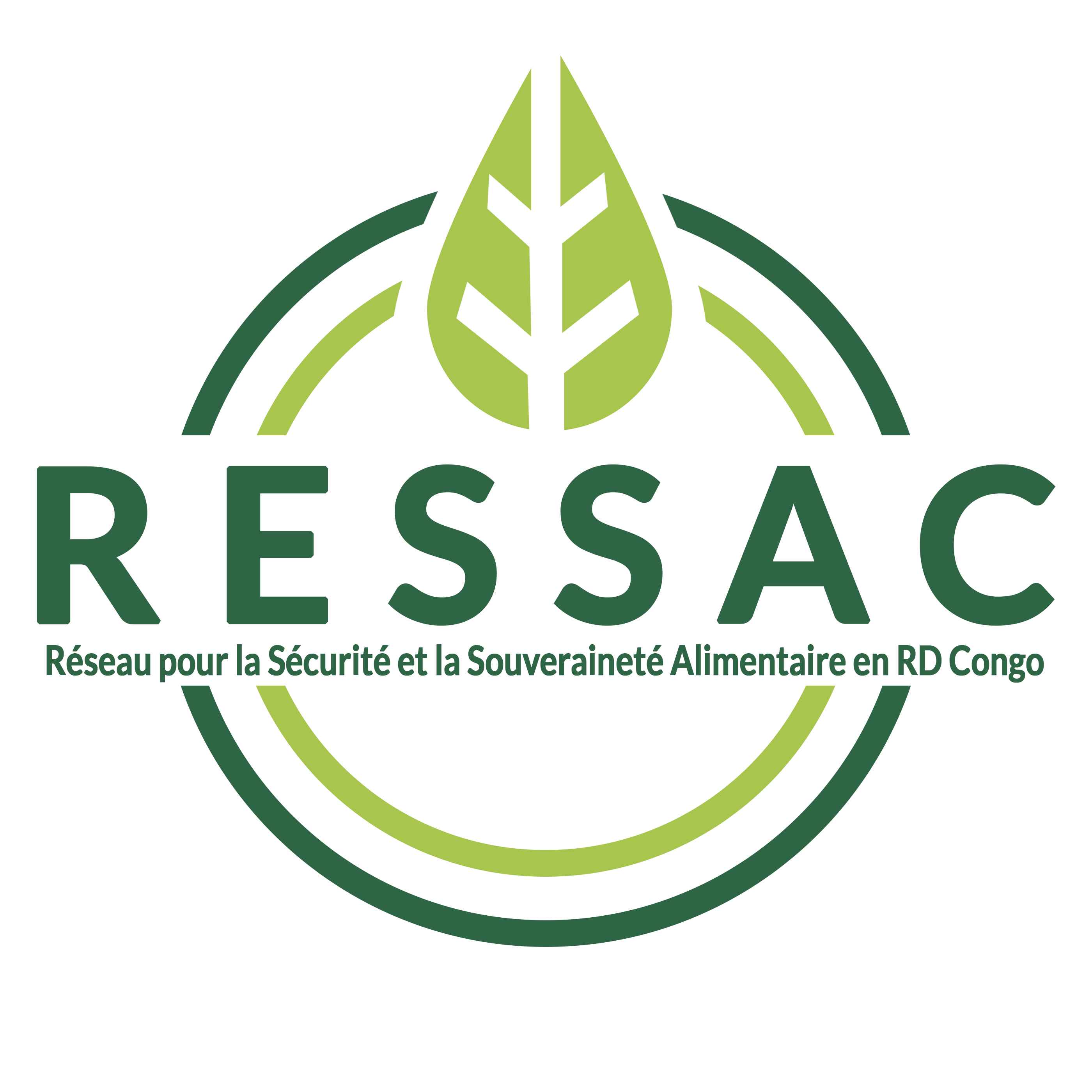African Indigenous Non-profit Organization
Welcome to YILNAC
Young Indigenous Leaders for Nature and Climate - YILNAC Network is an Indigenous non-profit organization that mobilizes, educates, builds capacity, empowers and provides technical and strategic support to young Indigenous leaders and their grassroots organizations in research, identification, development and dissemination of tangible indigenous nature-based solutions to ecological and climate crises that affect the majority of indigenous peoples and local communities negatively and unfairly impacted by climate change while their livelihood systems, activities, their knowledge and traditional ways of life remain essential to protect nature and effectively fight against climate change in Africa.
We inspire climate and environmental action through the development of tools and opportunities created with, by and for Indigenous youth and our communities, with the goal of raising Indigenous youth voices, sovereignty and stewardship of land and water for future generations.
We believe that the rights and knowledge systems of indigenous peoples are essential for developing solutions to the climate crisis and achieving climate justice.
We model our work and organizational structure on systems of free, prior and informed consent and self-determination. By providing communities with knowledge and resources, we can inspire a new generation of indigenous climate leaders by creating solutions centered on our inherent rights and cultures.
Our background and motivation
Nature plays an important role in mitigating and adapting to climate change. Adopting an approach based on the best available traditional and indigenous knowledge can largely provide solutions to the climate crisis and contribute to the protection and various mechanisms for restoring biodiversity as indigenous and local knowledge can inform us about the factors of loss of biodiversity and effective methods to achieve integrated restoration of biodiversity, improvement of its resilience and change of behavior in the face of the climate crisis in favor of future generations. But also, the indigenous populations, including young indigenous people, are often well placed to observe and understand local ecosystems. As a result, indigenous, traditional and local knowledge systems constitute one of the largest bodies of human knowledge about climate, biodiversity and ecosystems.
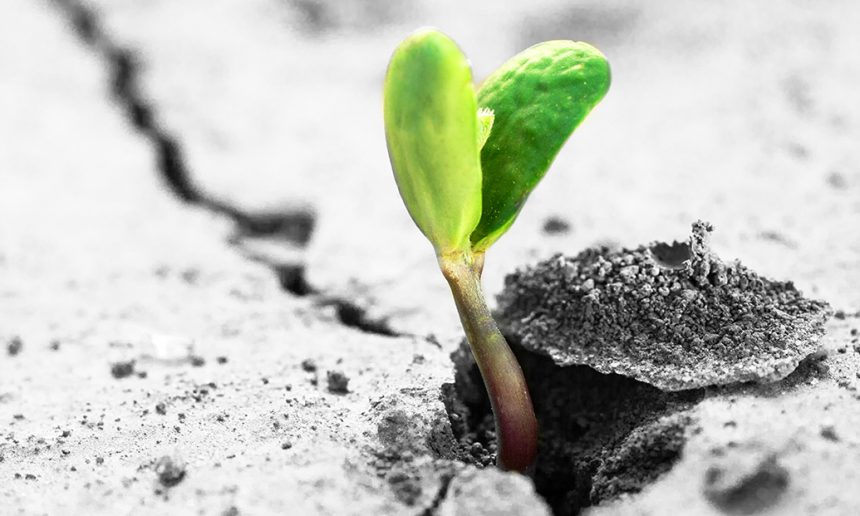
However, these knowledge systems are rarely recognized as resources for understanding, monitoring and managing nature and climate. More than half of anthropogenic carbon dioxide emissions are sequestered by land and ocean (Sitch et al., 2015), and research suggests that intact and biodiversity-rich ecosystems are more resilient to the impacts of increasing global temperature (Seddon et al., 2016). Due to the need to actively remove carbon from the atmosphere in order to limit the temperature rise to 1.5 ° C, we will not be able to fully tackle climate change without grounded solutions. nature.
Decisions made today regarding climate change and biodiversity will have greater impacts in the future, meaning young people are disproportionately affected. Indigenous youth have important, valuable and relevant knowledge and experiences to bring to climate action. Young Indigenous leaders are also powerful political influencers and activists, and have demonstrated their significant abilities in shaping and leading the climate movement. However, the expertise and lived experience of indigenous youth is not significantly included in the various general planning, decision-making or implementation processes on nature and climate in the Democratic Republic of Congo and in Africa.
As current and future young indigenous leaders, we must be able to take action and design our own future with decision-makers. In the search for solutions to the climate crisis, decision-makers, civil society and political leaders are called upon to involve and take into account the concerns and needs of indigenous youth and their communities long forgotten, marginalized and negatively and unfairly impacted by the changes. climate while their livelihood systems, activities, knowledge and traditional ways of life remain essential to protect nature and effectively combat climate change in Africa.
Our Vision
An Africa inspired by resilient and self-determined young indigenous leaders for climate and environmental justice for all and for future generations.
Our Mission
Mobilize, inspire and strengthen the capacities of young indigenous leaders and their organizations in the research, identification, development and dissemination of tangible indigenous nature-based solutions to the ecological and climate crises that affect the majority of indigenous peoples and local communities in Africa.
Our Team
Young Indigenous Leaders for Nature and Climate - YILNAC Network is fully led and coordinated by young Indigenous leaders from Africa.
Our specific objectives
Mobilize decision-makers to take ambitious actions for nature and climate that create beneficial benefits for the social well-being of indigenous peoples and local communities;
Amplify and make heard the voice of indigenous youth through advocacy and other strategic actions militant for climate and environmental justice with regard to indigenous peoples and local communities at the national, regional and international level;
Ensure the design, implementation and monitoring and evaluation of projects and programs for research, identification, development and dissemination of tangible indigenous solutions based on nature to the ecological and climatic crises that affect the majority of indigenous peoples and local communities in agriculture, restoration and rational management of traditional and community forests, biodiversity and other natural resources;
EAdvocate for the promotion, integration of gender and non-discrimination of young indigenous girls and women in policies, governance, initiatives, projects and programs of mitigation and adaptation in the face of ecological and climatic crises;
Ensure the networking and sharing of knowledge, experiences and good practices between young indigenous leaders and their organizations on the protection of our traditional forests, biodiversity and climate, while strengthening their capacities as guardians of nature and the climate for future generations.
Our values
We value standing up for what it means to be indigenous. We believe in recognizing the diversity of Indigenous peoples as cultures and individuals. We believe in the idea that Indigenous identity is inseparable from land and water.
We value the ways of being indigenous. We believe in models of decolonization and the importance of self-determination and sovereignty in Indigenous governance and community development.
We value indigenous ways of knowing. We believe in maintaining indigenous knowledge systems, respecting natural laws, and using two-eyed vision - merging collective indigenous knowledge with Western science. We value Indigenous relationships. We believe in using a two-way and relational approach, working together to build power and prioritizing accountability to the community. We believe in maintaining transparency and making our work accessible to members of the grassroots community. We strive to ensure that all of our partners share and reflect our core values.
Our success story
Our work is guided by our volunteer Steering Committee/Executive Secretariat (SE) made up of indigenous youth representatives. The Steering Committee was first established in the Democratic Republic of Congo in January 2019 and has become essential to guide and support the work of Young Indigenous Leaders for Nature and Climate - YILNAC Network at the African level. It is guided by the values and pillars of the ancestral teachings of Indigenous Peoples that honor Mother Earth and all of our relationships. FM is based on indigenous customary laws and international human rights law and practices the principles of free, prior and informed consent and the rights of indigenous peoples to self-determination.
Young Indigenous Leaders for Nature and Climate - YILNAC Network knows that investing in Indigenous youth is the way forward to a sustainable future for humanity and the Earth. This is why we work to meet the needs of Indigenous youth and Indigenous youth organizations fighting for climate justice, Indigenous rights and sovereignty by providing resources and tools, education and training, creating spaces a movement for Indigenous youth, led by Indigenous youth, and bringing the voices of our young Indigenous leaders to future generations.
Latest News
25th
09/2023
YILNAC Network: Launch of the Community Biodiversity Conservation Project by indigenous and local populations neighboring the Itombwe nature reserve in the Democratic Republic of Congo
Read more 5th
09/2023
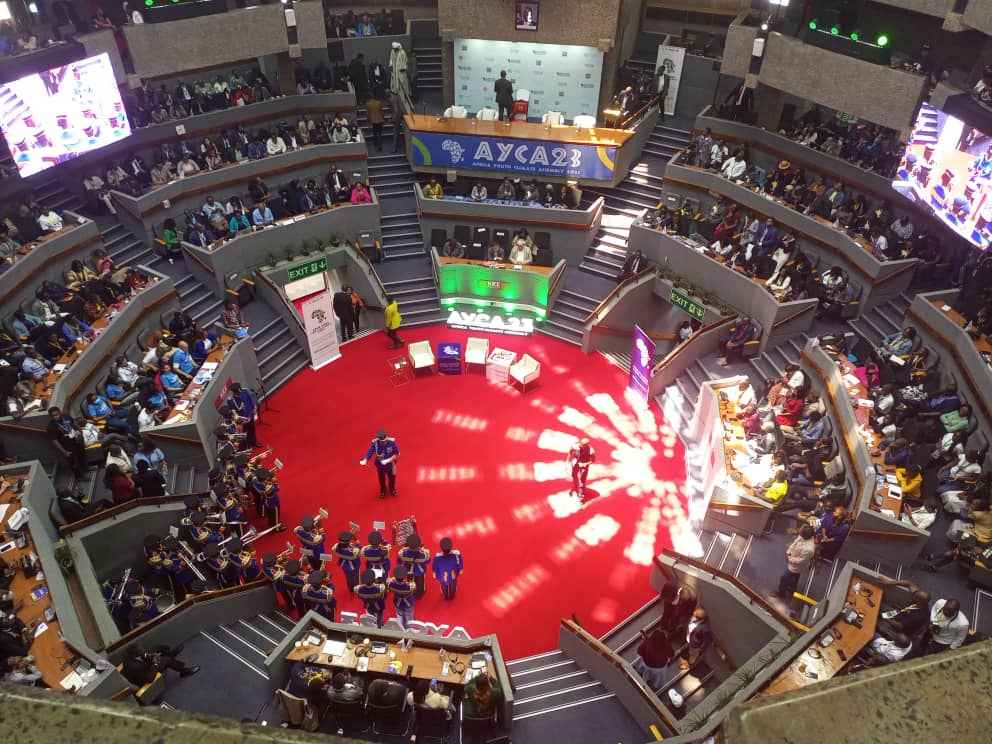
YILNAC Network: Distinguished participant and organization representing young indigenous leaders at AFRICA YOUTH CLIMATE ASSEMBLY (AYCA 2023) in Nairobi - Kenya
Read more 27th
05/2023

In its fight against plastic and the protection of wetlands in the DRC, YILNAC network is working to accelerate the sustainable reduction of plastic waste and ensure the depollution of Kivu Lake by creating and supporting cooperatives of young indigenous people collecting and selling plastic waste in Bukavu in the Democratic Republic of Congo
Read more 27th
05/2023
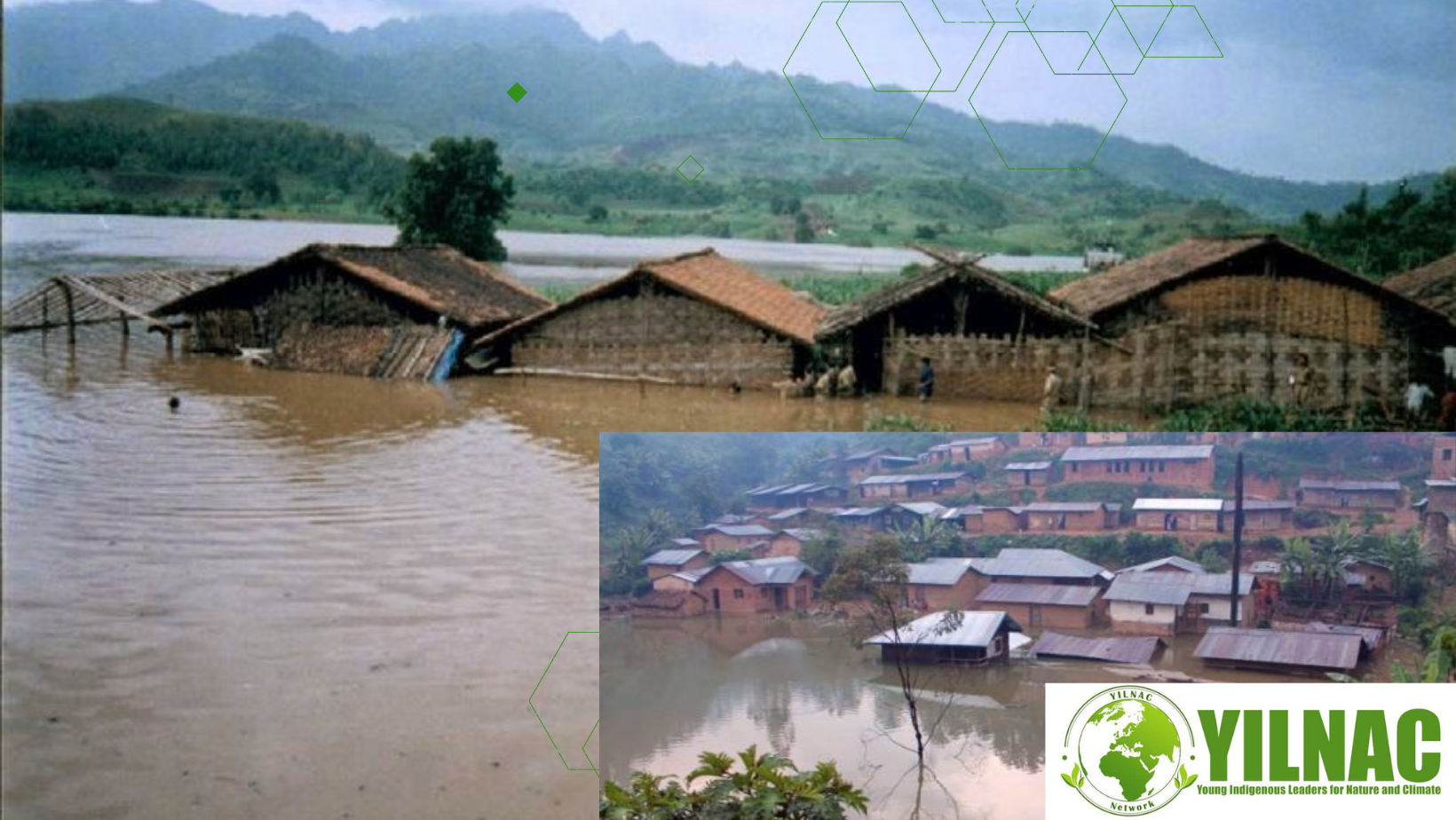
YILNAC Network advocates for climate justice for the indigenous populations of Kalehe in South Kivu (Floods caused by heavy rains in Kalehe territory in South Kivu have caused more than 438 deaths of indigenous and local populations)
Read more 27th
05/2023
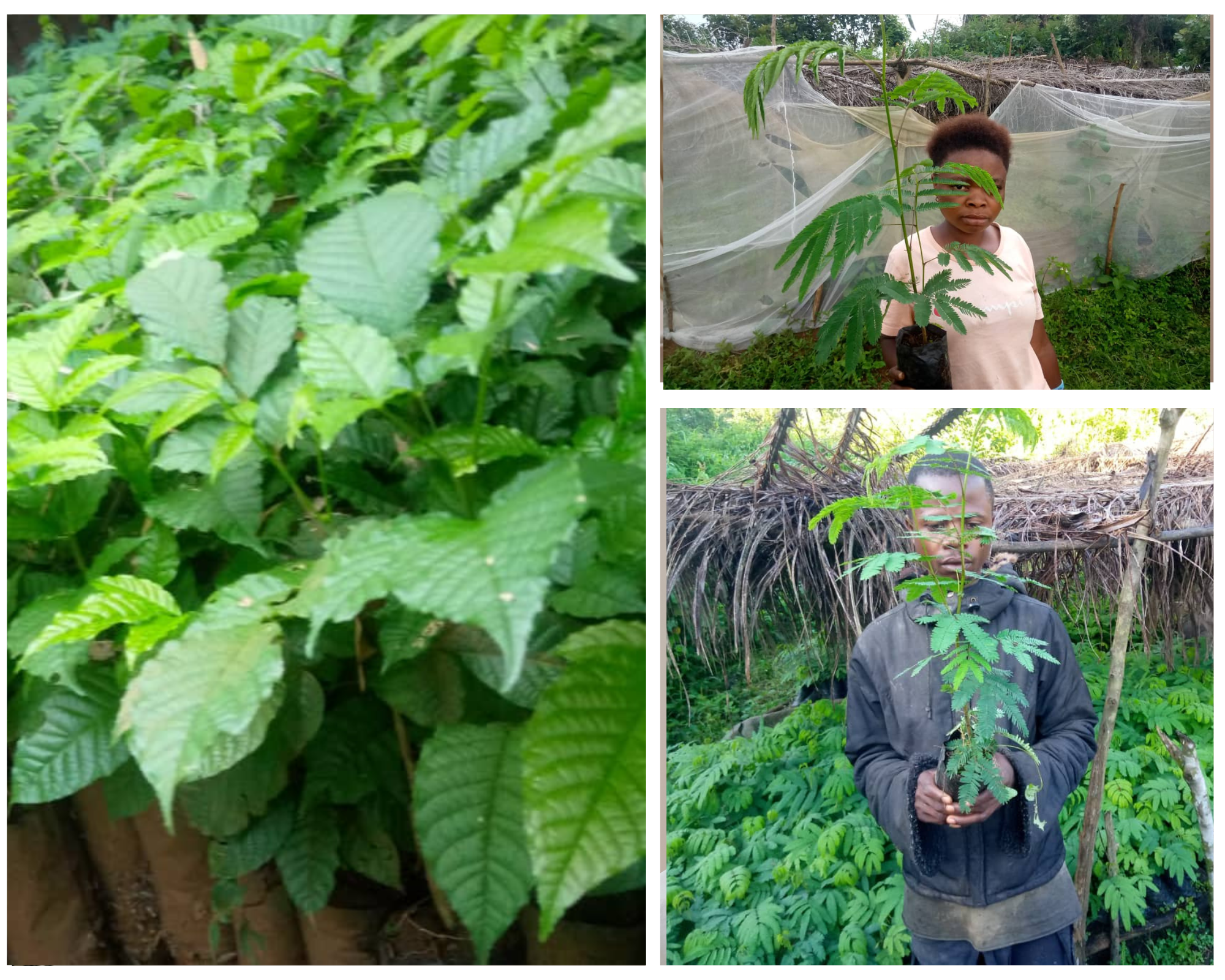
YILNAC Network launches its project to support the strengthening and promotion of gender and the participation of young people and indigenous women and local communities in the restoration, protection and sustainable management of the riparian forest ecosystem of the Itombwe Nature Reserve in Democratic Republic of Congo
Read more 21st
05/2023
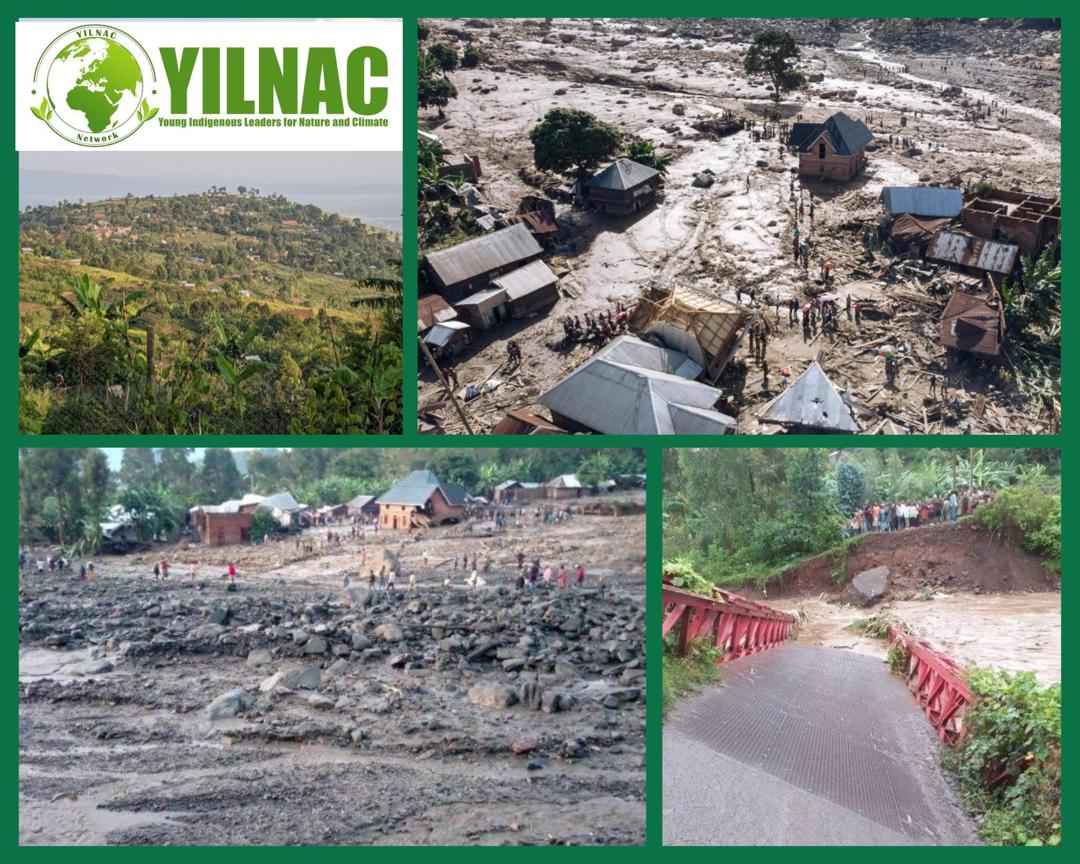
ADVOCACY FOR KALEHE IN DRC: More than 438 people dead, more than 5,000 people missing and thousands affected following one of the biggest natural disasters in the history of the Democratic Republic of the Congo
Read more 21st
05/2023
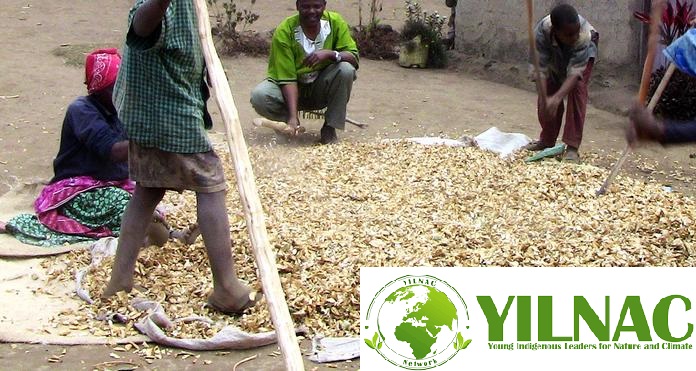
YILNAC Network Supports AFSA Statement on African Development Bank Dakar 2 Food Summit
Read more 21st
05/2023
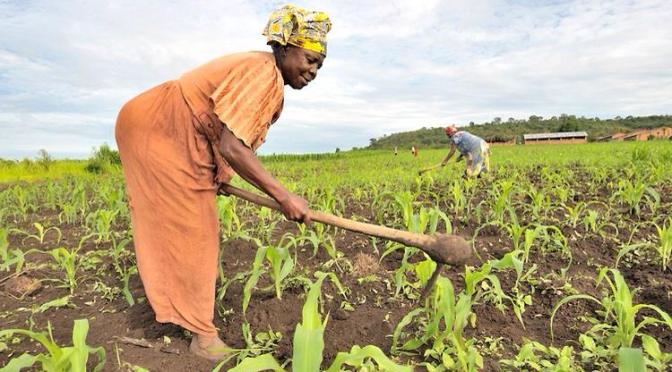
Indigenous Women demand effective implementation of CEDAW General Recommendation 39 and the advent of a culturally relevant digital age where gender equality is a reality
Read more 19th
05/2023
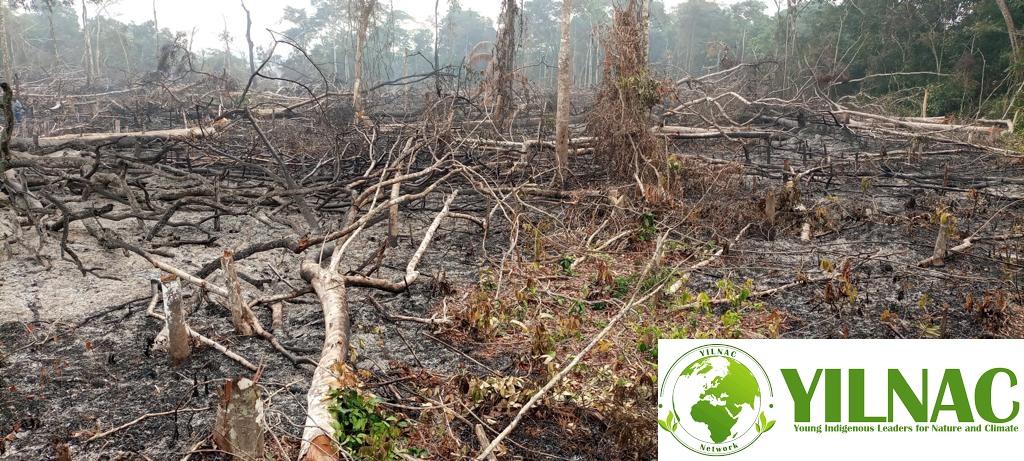
YILNAC Network goes to war against deforestation in the Democratic Republic of Congo
Read more 19th
05/2023
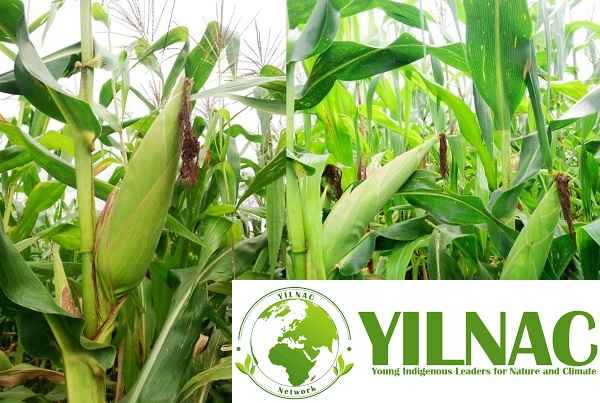
YILNAC Network advocates for strengthening the food security of young people and indigenous women by learning about the cultivation and processing of maize
Read more 19th
05/2023
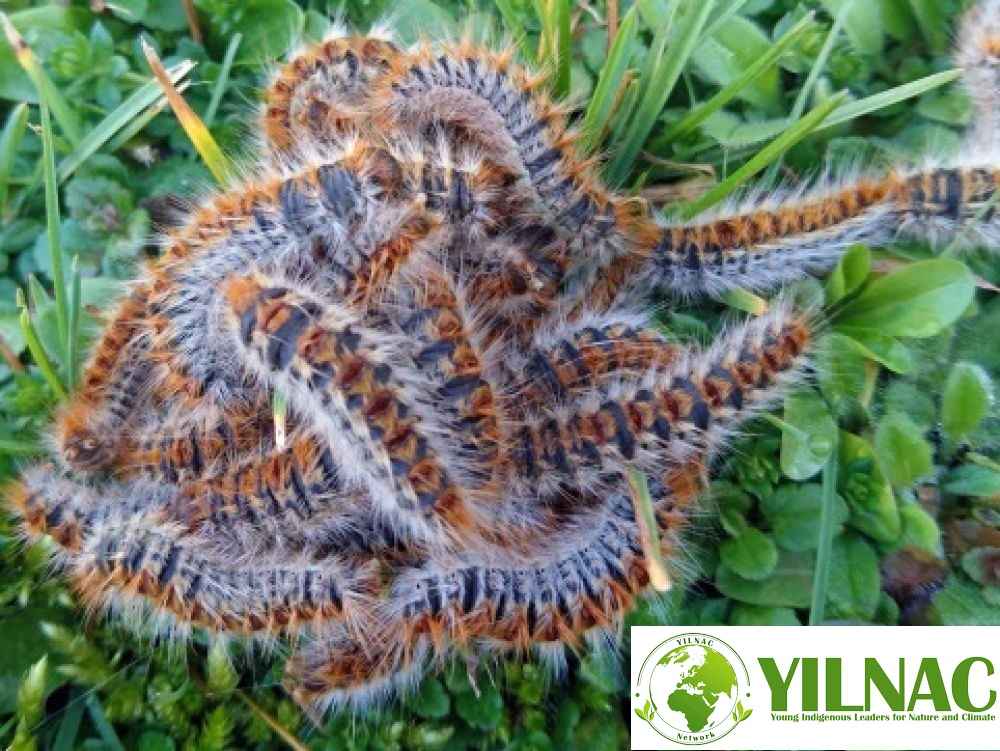
YILNAC Network launches its support project for indigenous peoples on sustainable agriculture techniques, the processing of agricultural products and non-timber forest products in the Democratic Republic of Congo
Read more 23rd
12/2021

Climate Crossroads Exhibit: Indigenous Women and Youth Tell Their Peoples’ Stories to Inspire Climate Action at the UN Climate Change Conference in Glasgow
Read more 20th
12/2021
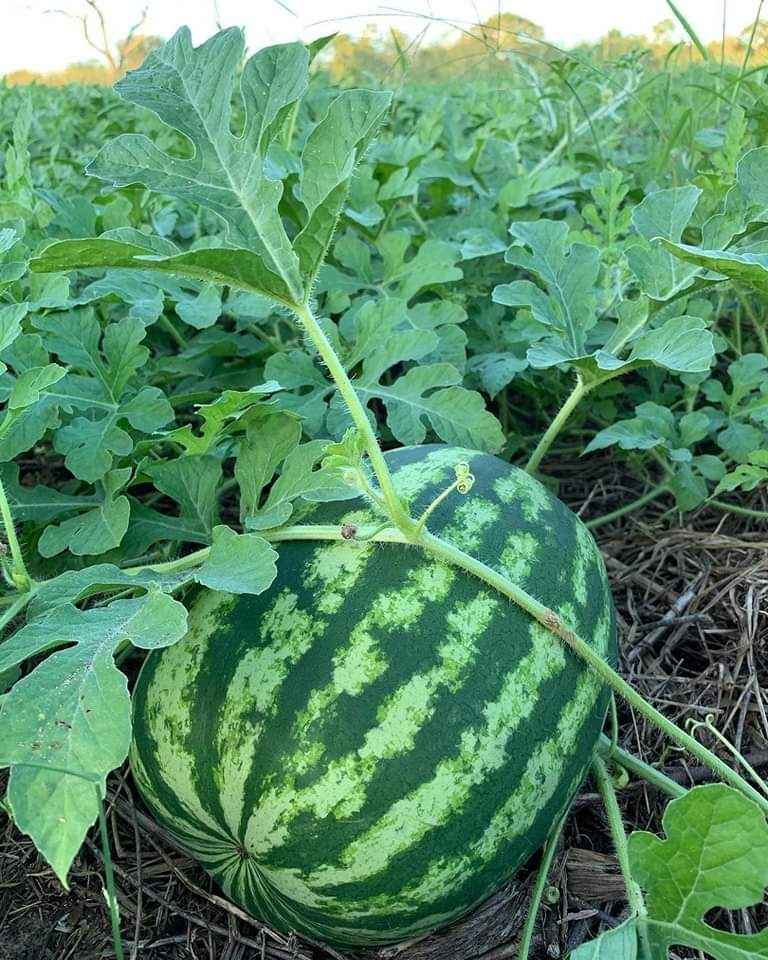
YILNAC Network supports indigenous women in the Consolidation of climate-resilient agriculture in the Congo Basin
Read more 20th
12/2021
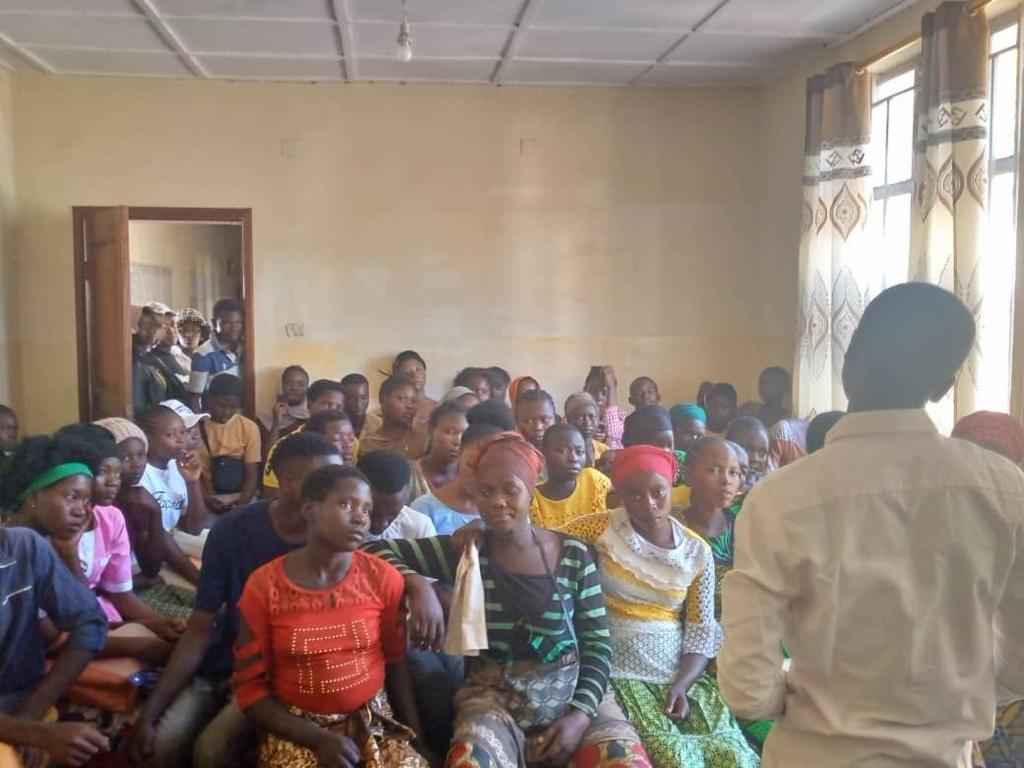
YILNAC Network Strengthens the capacities of young indigenous women to build peace in the context of armed conflict in the Ruzizi Plain in DR Congo.
Read more.jpg)
